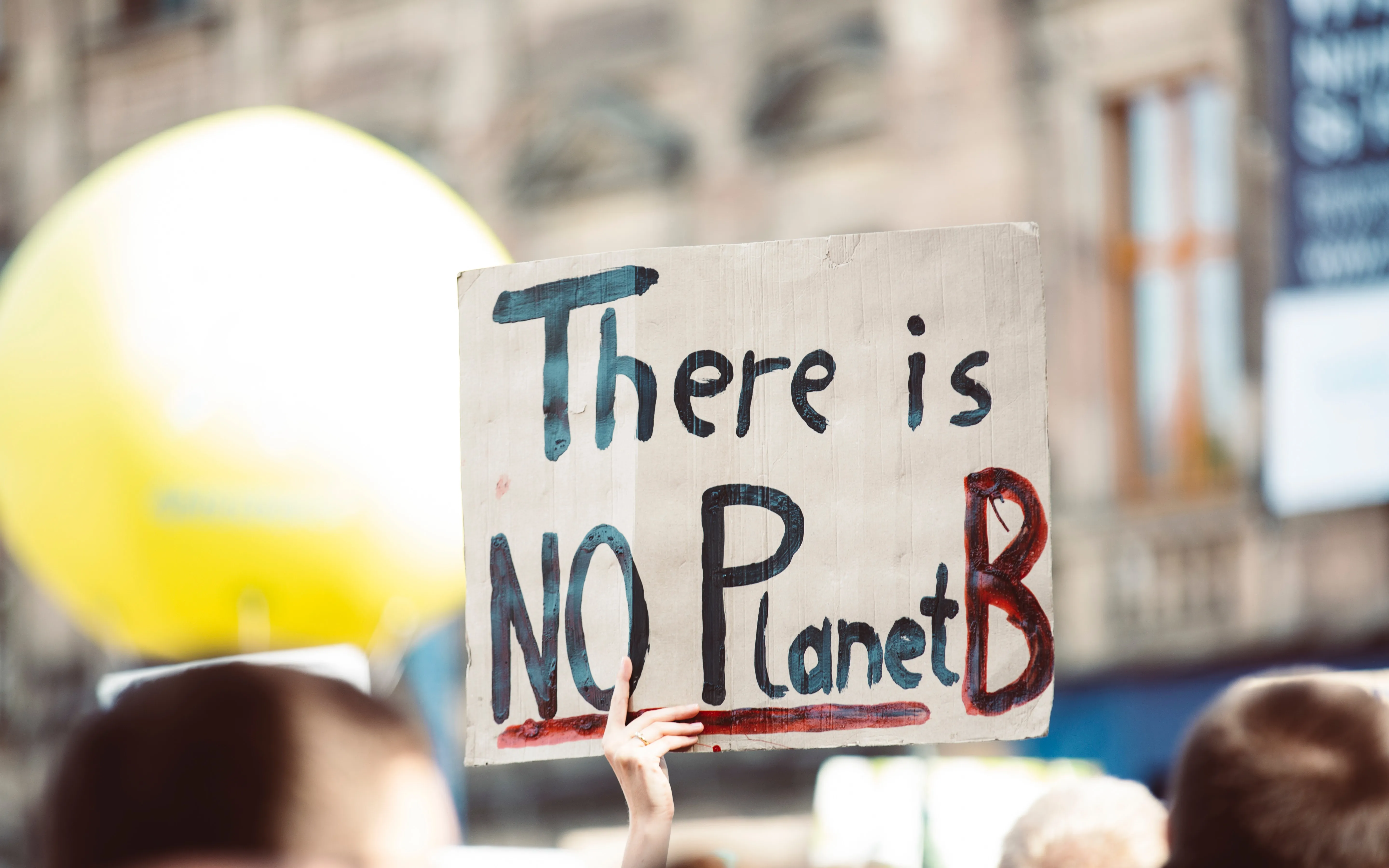
SDGs may become a mirror to look into and reflect on and rethink education for the 21st century.
Agenda 2030 and its 17 Sustainable Development Goals have become a historic roadmap. The Agenda proposes and systematizes a series of milestones and indicators with a determined time horizon to tackle large-scale issues shared by humanity and with a big disruptive potential.
In recent years, the SDGs have managed to mobilize a large group of social, political and economic actors and get many to embrace the agenda as a key strategy to re-envision their actions.
The field of formal and non-formal education is, beyond any doubt, one of the main spaces in this globally shared endeavour. Schools, universities and spaces for education in leisure are key in educating the generations that are already experiencing the consequences of the climate crisis or the many inequalities (income, gender, etc.) and who are seeing their future being conditioned by a growingly complex global reality.
There are at least three aspects for which “thinking and training in SDGs” can become a priority. Firstly, because SDGs are a lens to understand the main issues affecting us all and, more importantly, to understand the nature of these issues: we all live in a small “global village” where what affects a society in any place on the Planet has a direct or indirect impact, sooner or later, on us all.
Interdependency is therefore an unavoidable feature of our human nature at present. Secondly, because they activate us and make us social and political actors with our reflexions, decisions and actions that generate an impact in the environment we live in.
Lastly, because they highlight how this possibility of thinking and changing things in classrooms or other educational spaces is not done in isolation but together with children and youths anywhere in the world that also embrace the Agenda 2030 as a mobilizing agenda.
In this way, the SDGs can become a mirror to look into and reflect and rethink education for the 21st century. On the one hand, with the Agenda 2030 we realise that interdisciplinary matters become of maximum importance. To overcome the very complex issues of a large social impact we need to think in a way that is able to interlink and dialogue from different viewpoints and perspectives.
Equally, we are highlighting the value of cooperation. The pandemic has shown us more than ever that “we either save us all, or nobody will be safe”. No single person alone will be able to find solutions to the impacts of the crises we are witnessing and we will always need collaboration among individuals, societies or institutions. Our present and our future are shared in all senses.
On the other hand, SDGs are an invitation to co-think and co-create a global reality that needs to come up with bottom-up action proposals and not just wait, as is often the case, for any form of policy and strategy to be decided in spaces that are far from citizens. The time has come, therefore, to foster a change based on the concerns, thoughts and proposals of all. The climate crisis has shown the world there is a generation of youths with a strong and mobilizing climate awareness.
Just a few years away from the 2030 horizon, and with an accelerated and overpowering global reality, we can’t miss the opportunity to turn SDGs into an educational lever for this global change we so much need.



Add new comment